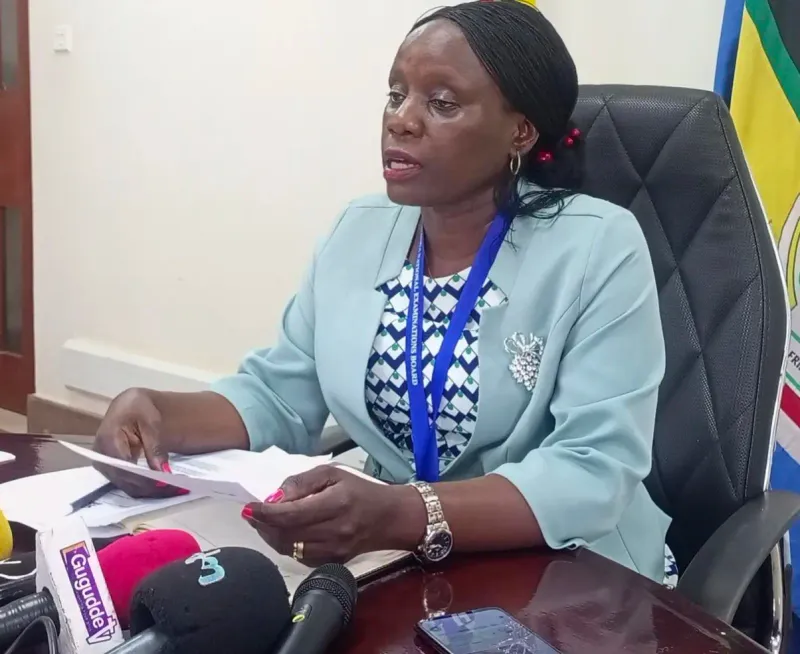
The Uganda National Examinations Board (UNEB) is developing new strategies to tackle examination malpractice in test rooms, particularly cases implicating teachers and invigilators.
This initiative follows recent incidents during the Primary Leaving Examinations (PLE), where teachers were allegedly caught helping candidates inside examination rooms.
According to UNEB spokesperson Jennifer Kalule, the board is reassessing its supervision and enforcement mechanisms to improve accountability and monitoring in all examination centers.
“The board is working on measures to counter this, as we have done on other forms. Currently, we might not disclose what we are doing, but some measures are being worked on,” said Kalule.
She revealed that some of these interventions will be introduced beginning with the upcoming Uganda Advanced Certificate of Education examinations to curb any form of teacher-assisted cheating during tests.
Over the years, UNEB has implemented multiple reforms to combat malpractice. These have included plugging internal paper leaks, tightening distribution procedures, and using random candidate numbers to prevent internal marking fraud.
However, despite these reforms, new and sophisticated forms of malpractice continue to emerge. These include teachers bribing invigilators or writing answers on classroom chalkboards. During the recent PLE, more than 55 suspects mostly accused of aiding pupils were apprehended by UNEB and the police.
In Greater Masaka, fourteen teachers were arrested in connection with malpractice during the 2025 PLE. Police confirmed that the suspects included six UNEB invigilators from Rakai and Kyotera districts, and eight teachers from St. Kizito Butenzi Primary School in Buwunga Sub-county, Masaka District. Learners reportedly told investigators that their teachers wrote answers on the blackboard for them to copy during the exams. Similar cases were reported in other regions.
In Kaliro District, UNEB detained seven suspects, including the head teacher of Budini Boys Primary School, after pupils admitted to receiving help during the Mathematics paper. Comparable incidents have been noted in Bundibugyo and Kampala.
Although some culprits have been apprehended, authorities suspect that many other cases went unnoticed. Kalule noted that these incidents were uncovered through collaborative operations between UNEB and security agencies, adding that such partnerships might need to be reinforced and broadened.
Education experts argue that the recent cases highlight the depth of the problem. What was once more prevalent in rural schools is now being reported in urban areas as well. Education advocate Gonzaga Kaswarra believes the teaching profession’s ethical standards have significantly eroded.
“In the old days, a teacher would never even look at an exam paper before the time, let alone assist learners. Today, teachers have become the biggest threat to the integrity of national examinations,” Kaswarra said.
Meanwhile, Mwamula, a teacher and Secretary General of the Private Teachers’ Union, attributes the persistence of exam malpractice to the way schools use results as a marketing tool. He argued that merely enforcing the UNEB Act or similar legislation will not eradicate the problem.
Mwamula explained that the core issue lies in the national assessment structure, which determines the success of students, schools, and teachers, creating immense pressure to achieve top grades at all costs.
“If the assessment regime is not overhauled, this will never stop. Teachers are already compromised by the system and the demands it places on them,” he said.
He further urged the government to review the entire examination and assessment framework, emphasizing that addressing the root causes of malpractice is more effective than relying solely on punitive action.

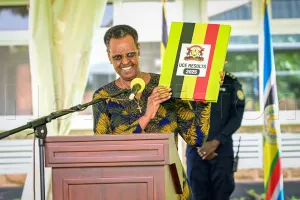
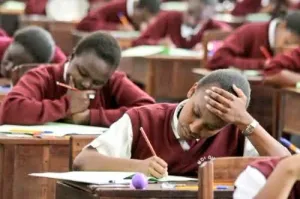
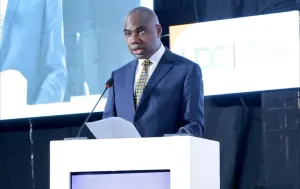
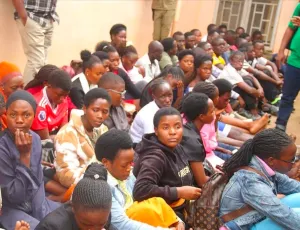







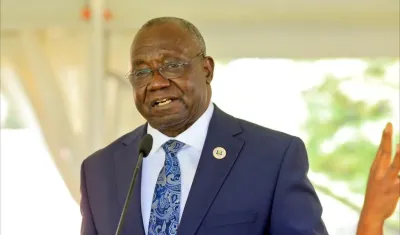
Sunrise reporter
Leave a Comment
Your email address will not be published.